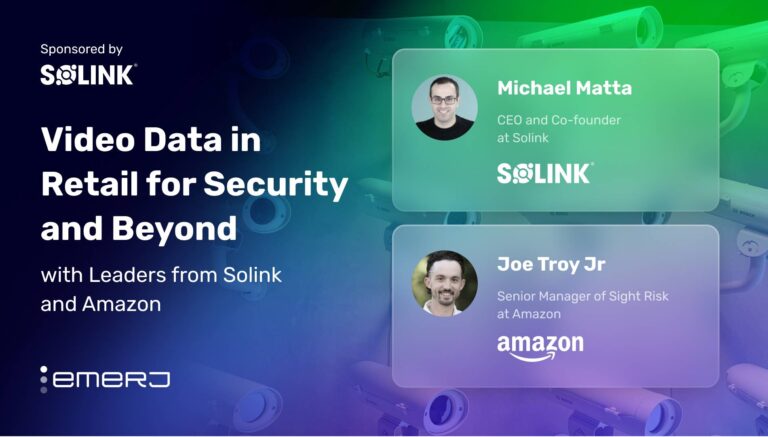Almost all young companies and companies in the start-up ecosystem today would like to talk about how they leverage AI or machine learning. In most cases, this is to make their product sound special and exciting. However, the fact is most young companies do not have the resources or the talent needed to leverage artificial intelligence in a way that would add to their value proposition.
The purpose of this article is to help companies understand whether their particular business model needs artificial intelligence from the start, or it is something that may come along later as it is not requir...
[mrj_paywall] unauthorized access



















